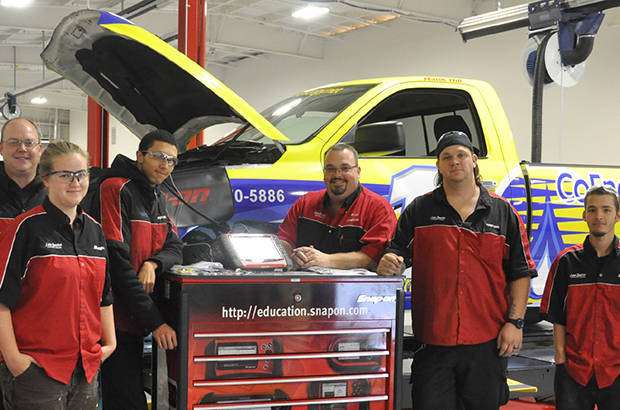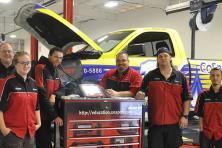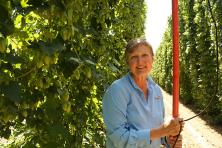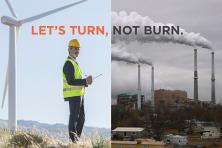An Oregon community college is fueling the future, fostering a new generation of mechanics in cleaner alternatives.
For over four decades, Linn-Benton Community College in Oregon’s Willamette Valley has provided world-class training in auto and diesel engines, with graduates working all across the region.
In early 2004, Linn-Benton’s automotive department chair, Bryan Schiedler, saw the writing on the wall. The technology of clean fuels was really starting to prove itself and a shift was underway in the transportation industry from petroleum-based vehicles to cleaner alternatives.
What followed was the birth of the Advanced Transportation Technology Center (ATTC), an expanding educational hub for clean fuels in Lebanon, Oregon that is set up to train both the next generation of students as well as workers already in the field.
Download this story as a PDF
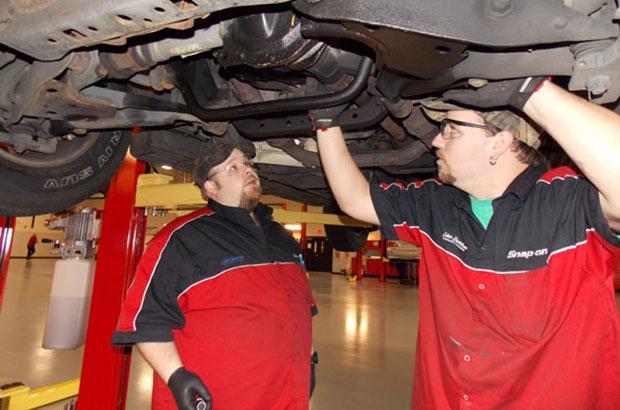
The ATTC’s mission is to meet transportation industry needs by providing top-quality technicians who can service, maintain and repair automotive to on-road trucks, construction and forestry equipment and heavy equipment, and have an understanding and training in the use of alternative fuels for vehicles in Oregon and beyond.
The founding of the ATTC was built on involvement from the City of Lebanon, the Lebanon Industrial Development Group and the State of Oregon, along with local and national companies: Snap-On, John Deere, LKQ, CoEnergy, and John & Phil’s Toyota.
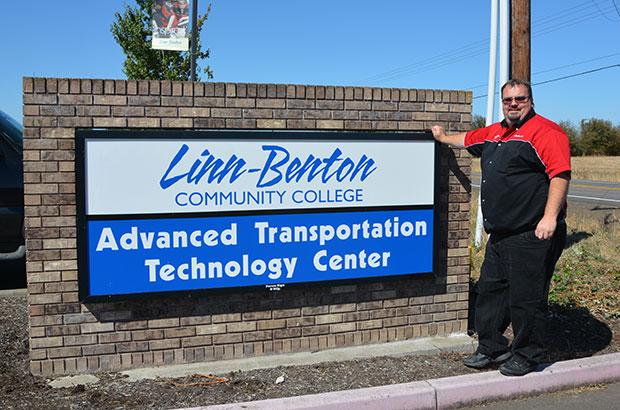
“I’m proud of the clean fuels work we do at the ATTC and remain motivated by our ability to have a positive effect on our students and our community,” says Bryan. “I’m also proud of the growth we’ve had and our ability to work with other Oregon partners, whether we’re training first responders on how to work with alternative fuel vehicles or converting a municipal fleet or sheriff’s office to alternatives.
But most of all, I’m proud that our work is doing its part to tackle transportation pollution while also growing good jobs that stay here in towns and cities across Oregon like my hometown of Philomath.”
Tailor-made for Oregon's Clean Fuels Program
The growth model at the ATTC includes a commitment to train on as many emerging fuel types as possible. This flexibility fits perfectly into Oregon’s Clean Fuels Program, which is “technology neutral” – designed to allow all fuel technologies to compete in an open, fair marketplace.
The Clean Fuels Program requires oil companies to gradually reduce the carbon pollution from their gasoline and diesel fuel by 10% over ten years. Oil companies will either blend low-carbon biofuels or purchase credits that support electric vehicles, natural gas, propane, and other clean fuels. Oregonians will have more access to a variety of fuels as a result of the Clean Fuels Program, creating a more diverse, affordable, healthy, and stable fuel mix.
A fully implemented Clean Fuels Program will be a real boost for schools like Linn-Benton Community College, where kids and adults from rural communities across Oregon are advancing their careers through fuels of the 21st century.
A working Clean Fuels Program also shows industry partners for the ATTC and elsewhere that Oregon is committed to growing the next generation of workers and innovation in clean fuels. This was recently highlighted in an opinion piece to the Register Guard from Brad Avakian, Commissioner of Oregon’s Bureau of Labor and Industries.
"Clean fuel companies have demonstrated their desire to expand in Oregon," says Avakain. "Students are showing that Oregon’s workforce is ready. And consumers, knowing that gas prices will surely spike back soon, want stable, cleaner, alternative fuel options. It’s time to keep the momentum going."
ATTC does it all
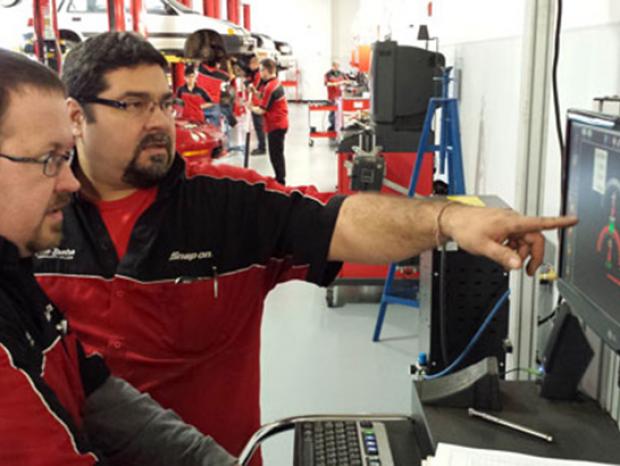
• Train to apply, develop and adopt alternative energy in biofuels, electric vehicles, compressed national gas (CNG), propane, hybrid, telematics and new technologies for new students;
• Work with existing professionals in automotive/diesel repair and for emergency responders to address safety issues when working with alternative fuel vehicles;
• Works with municipal fleets, law enforcement fleets and transportation industries to develop and provide training for trucking, rail and distribution shipping needs.
An emerging network
The ATTC is closely involved with the National Coalition of Certification Centers (NC3). Established in 2009, the National Coalition of Certification Centers addresses the need for strong partnerships between industry and educational institutions. NC3 is a growing network of education providers and corporations that supports, advances and validates new and emerging technology skills in the transportation, aviation and energy industry sectors.
This spring, the ATTC will host the 2015 Green Transportation Summit & Expo at the Portland International Raceway - largest alternative fuels expo in the Pacific Northwest.
Industry Partners for the ATTC
Snap-On Industrial, John Deere, LKQ, CoEnergy Propane, NW Natural, Papé Machinery, Pacific Propane Gas Association, Kenworth Trucks, Freightliner, ET Environmental, Drive Oregon, Carbon Solutions Northwest, NC3, Pacific Truck Centers and American Power Group.
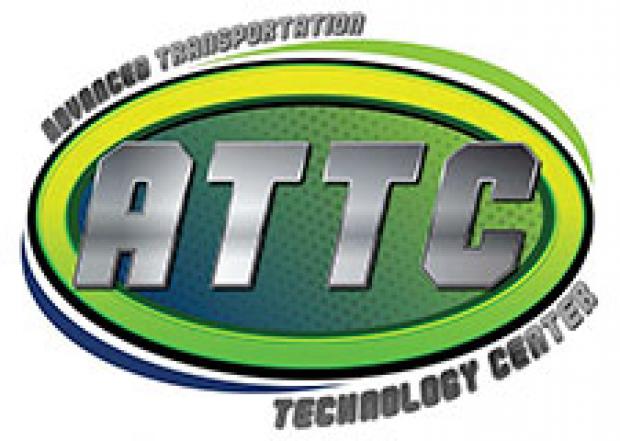
Linn-Benton Community College’s Advanced Transportation Technology Center in Lebanon, OR focuses on leading edge, energy efficient alternative energy transportation skills. The center trains students on the highest industry standards to meet the workforce needs for technicians to install, maintain, and repair both traditional and new propulsion systems. Learn more about the ATTC.
Solutions Stories is a multimedia project working to deliver stories of the clean energy economy happening now in the Northwest by elevating the voices of the people who are making it real throughout our region. Sustainable Advanced Fuels works to accelerate low-carbon alternatives to petroleum fuels in the Northwest. Both are programs of Climate Solutions.
Contacts:
Solutions Stories: Bobby Hayden - (503) 781-3383, bobby@climatesolutions.org
Sustainable Advanced Fuels: Marlyn Twitchell - (206) 819-3163, marlyn@climatesolutions.org
